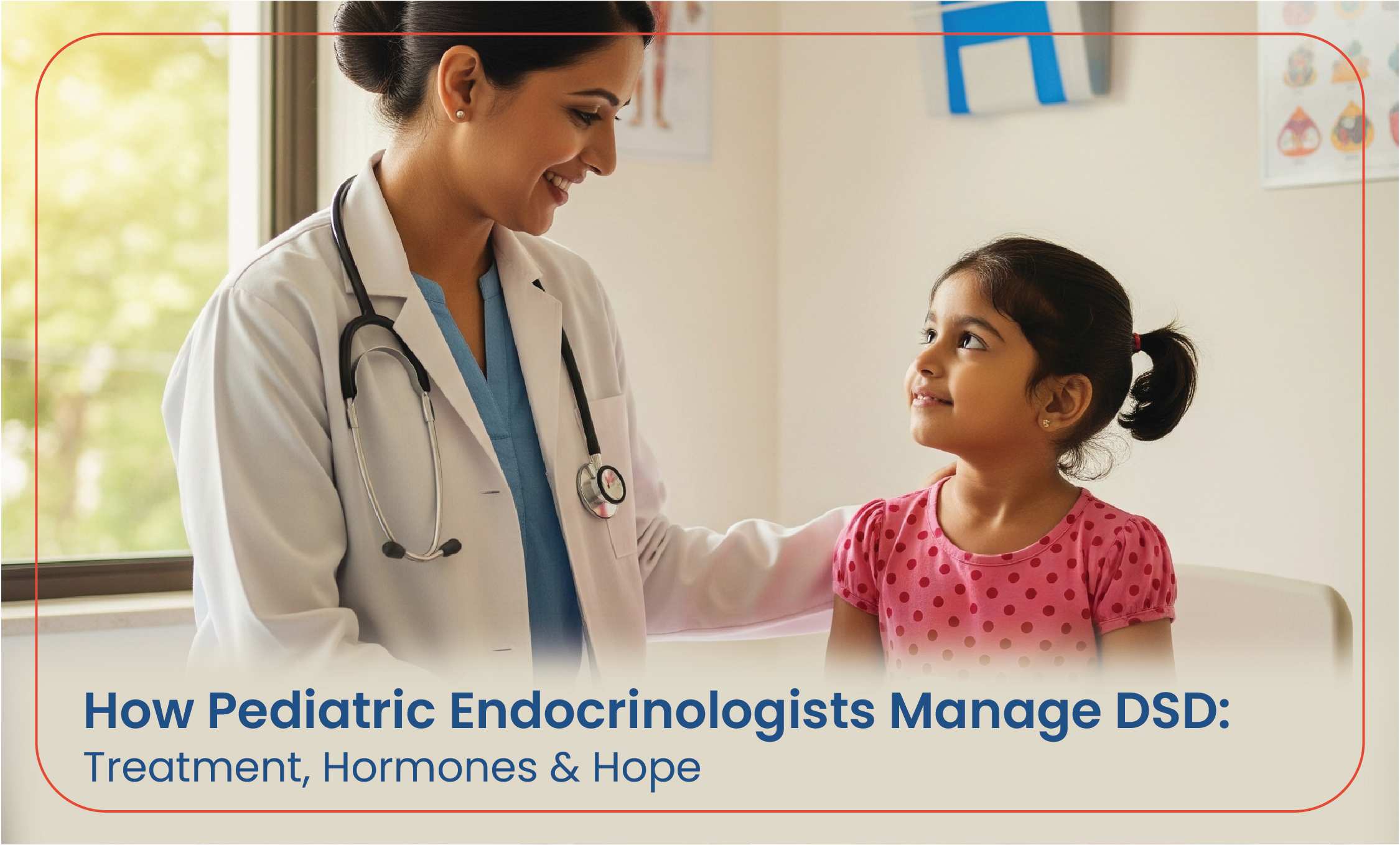
When a child is born, the joy in the room is unmatched — parents dream about their little one’s future, imagining school days, birthdays, and celebrations. But for some families, the first few moments after birth bring unexpected questions. Doctors might notice that the baby’s sexual development does not match the typical patterns for boys or girls. This condition is known as Disorders of Sex Development (DSD).
Hearing this for the first time can be overwhelming for any parent. But here’s the most important thing to know — with the right guidance, treatment, and support, children with DSD can live healthy, fulfilling lives. And the specialists who lead this journey are pediatric endocrinologists.
In Dehradun, parents often seek Dr. Shreya Sharma, widely known as the best endocrinologist in Dehradun, for her expertise in managing hormone-related conditions in children, including DSD. Through compassionate care and evidence-based medicine, she and other hormone specialists help families navigate this sensitive journey with clarity and hope.
Differences of Sex Development happen when something in the body’s development of reproductive or sexual anatomy follows an unexpected path. This could be due to:
Signs of DSD may include:
It’s important to remember: DSD is a medical condition, not a disease. It’s about diversity in human biology, and it needs expert care rather than fear or shame.
A pediatric endocrinologist is a doctor who specializes in treating children with hormone-related conditions, including DSD.
When parents first learn their child may have DSD, it can feel overwhelming. But this is where experts like Dr. Shreya Sharma, the best hormone doctor in Dehradun, step in.
They provide:
Myth 1: DSD is very rare.
Truth: It’s uncommon, but not extremely rare — it occurs in about 1 in every 4,500 births
Myth 2: DSD always requires surgery
Truth: Not necessarily. Many cases are managed with hormones, counseling, and regular check-ups without surgery.
Myth 3: Children with DSD can’t live normal lives.
Truth: With proper medical care and support, children with DSD can live healthy, fulfilling lives.
Myth 4: It’s the parents’ fault.
Truth: DSD is not caused by anything parents did or didn’t do during pregnancy.
For children with DSD, life after diagnosis is about more than medical care. It’s about:
Parents can play a huge role by offering love, acceptance, and open communication.
That’s why seeing a specialist like Dr. Shreya Sharma, the best hormone doctor in Dehradun, as soon as possible can make all the difference.
If your child has been diagnosed with DSD or you suspect something unusual in their development, the right step is to seek Endocrinology consultation in Dehradun from a trusted expert.
Dr. Shreya Sharma has years of experience in diagnosing and managing complex hormone-related conditions in children, offering both medical treatment and emotional guidance.
Hearing that your child has DSD can feel overwhelming at first. But here’s the truth: Your child can still dream, achieve, and live a joyful life.
With the right medical care, supportive counseling, and unconditional love, children with DSD can grow up strong, healthy, and confident.
Every child’s journey is unique — and every step forward is a step toward hope.